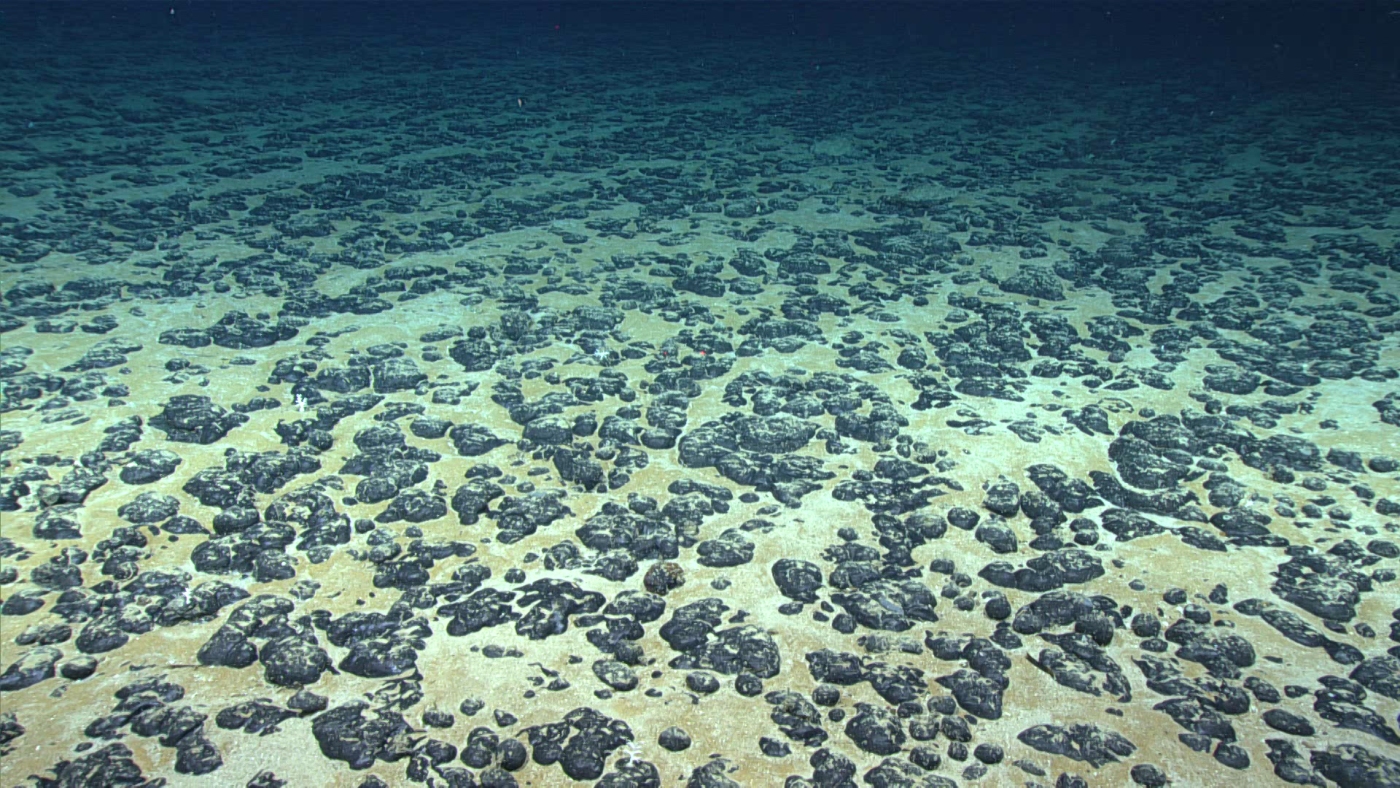Executive Order Paves the Way for Deep-Sea Mining, Sparking Environmental Concerns
In a bold move to secure essential minerals, President Trump has signed an executive order aiming to facilitate deep-sea mining. This initiative is intended to establish a robust domestic supply of crucial minerals, potentially transforming the ocean floor into a new frontier for resource extraction.
Despite the absence of commercial deep-sea mining ventures globally, the ocean floor has long been viewed as a treasure trove of metals such as nickel, cobalt, manganese, and copper. These metals are essential for manufacturing batteries used in electric vehicles and other technologies.
Rich deposits of these metals are found in potato-sized nodules scattered across the seabed, particularly in the Pacific Ocean’s international waters. Currently, international negotiations, led by the International Seabed Authority (ISA), are ongoing to establish guidelines for seabed mining. However, the U.S., not a signatory of the treaty governing the seabed, has historically respected the ISA’s efforts.
The new executive order directs federal agencies to streamline the permit process for seafloor mining, utilizing the “Deep Seabed Hard Mineral Resources Act” from 1980. This move could sidestep international regulatory efforts, raising concerns among environmentalists and scientists.
Critics argue that mining the deep seabed could severely impact marine ecosystems and the fishing industry. “This is being planned on some of the least resilient ecosystems on the planet,” warns Douglas McCauley, professor of ocean science at the University of California Santa Barbara. “It would have catastrophic biological consequences.”
Potential environmental impacts include sediment plumes from mining operations, which could threaten marine life and disrupt food webs essential for fish populations. Additionally, some experts question the necessity of seabed mining, given recent advancements in battery technology that reduce dependency on these metals.
Micah Ziegler, assistant professor of energy and chemical systems at Georgia Institute of Technology, notes, “People said we were going to be cobalt-limited and then we found a bunch of alternative chemistries that use less [or no] cobalt. The technologies are changing so rapidly and alternatives are being explored.”
Despite these concerns, interest in deep-sea mining is growing. The Metals Company, a Canadian firm, has indicated its intention to apply for a U.S. permit to mine the seabed. Following the announcement of the executive order, shares of the company surged by 44%.
For more information on the implications of deep-sea mining, visit the full report on international negotiations.






